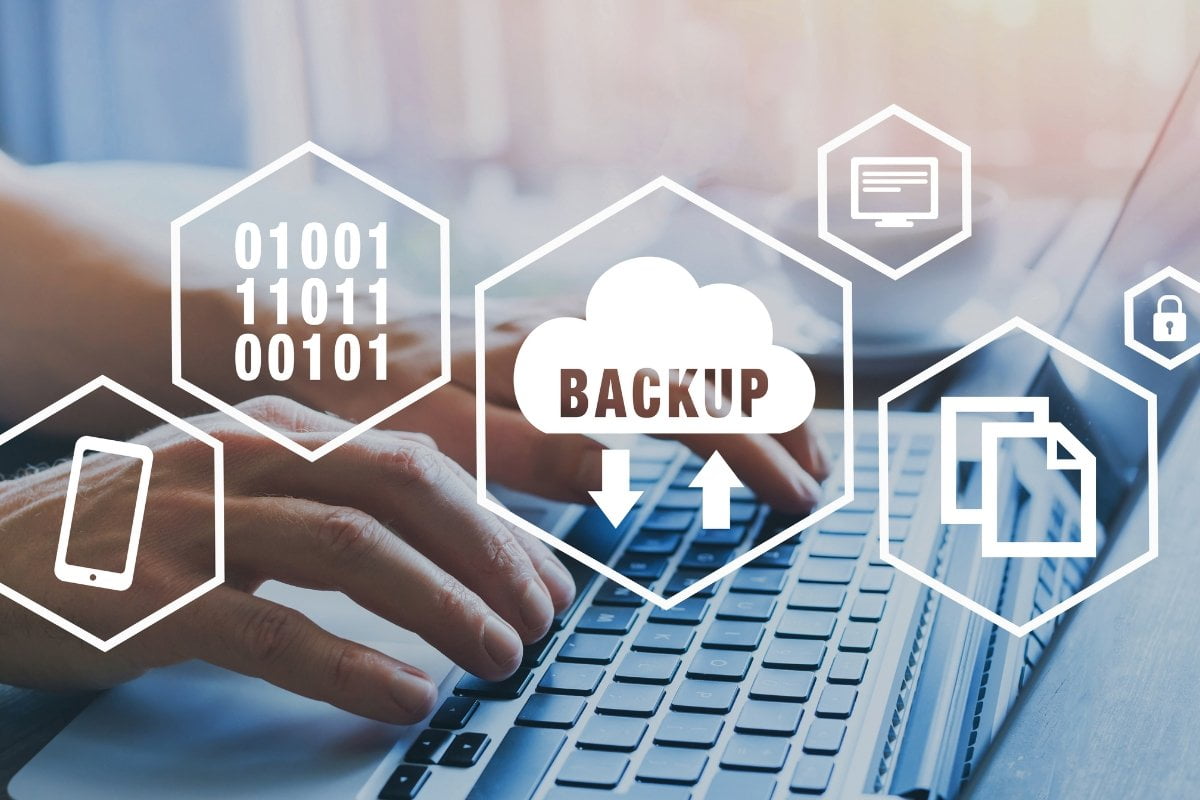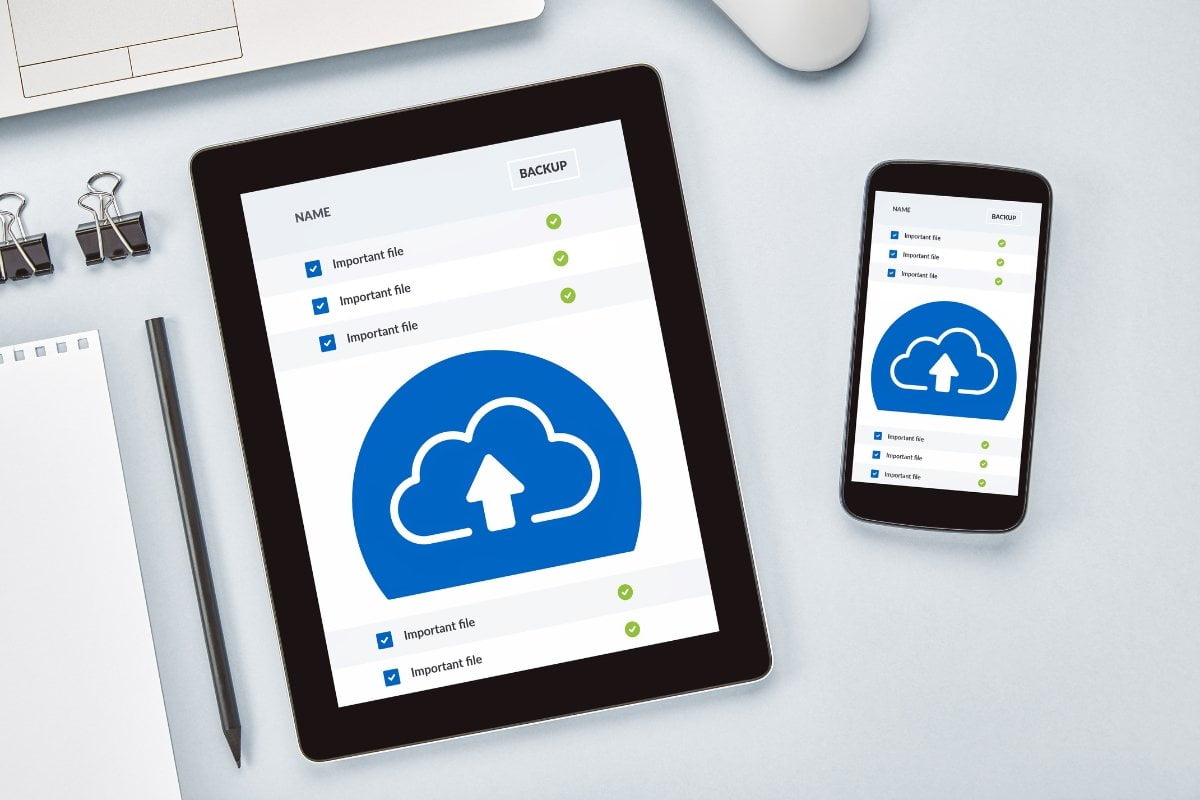This blog post will discuss how to create a secure WordPress environment with regular WordPress backups and the different tools available to assist in the process. We will also explore the importance of backing up your WordPress website and the potential safety hazards associated with not doing so. Additionally, we will provide a detailed guide on how to set up regular backups, the best practices for storing backups, and the available tools for managing them. By the end of this post, you will be armed with the necessary knowledge to securely maintain your WordPress website with regular backups.
Why Is It Important to Have a Secure WordPress Environment?
WordPress is the leading content management system (CMS) in the world, and it has been used to create and manage millions of websites. However, WordPress sites are not immune to security threats. It is essential for site owners to create a secure WordPress environment to protect their sites from malicious attacks.
Backups are extremely beneficial in the event of a data breach or a malicious attack. They give you the ability to restore your content and files quickly. Backing up your WordPress site gives you an extra layer of security and peace of mind.
WordPress backups are especially important for sites that are regularly updated with new content. By creating regular backups of your WordPress site, you’ll always have a backup of your website in case something goes wrong. This can save you a lot of time and money in the long run.
It is important to keep your WordPress environment secure, and regular backups are one of the best ways to do so. By creating regular backups of your WordPress site, you will be able to restore your content in the event of a data breach or a malicious attack.

5 Steps to Securing Your WordPress Environment
- Secure Your Login: WordPress is an open source platform, meaning anyone can access its source code. To ensure your WordPress login is secure and your data is protected, use strong passwords and two-factor authentication. Additionally, it’s recommended to regularly change your password to keep your account safe.
- Install Security Plugins: Security plugins allow you to monitor and protect your site from malicious attacks. For example, Wordfence Security is a popular WordPress security plugin and includes features such as firewall protection, malware scans, and malicious URL blocking.
- Update Your WordPress Core: WordPress releases updates regularly, which help to improve security and fix any vulnerabilities. Updates should be done immediately upon their release, as older versions of WordPress can be susceptible to viruses and malicious attacks.
- Update Themes and Plugins: Just like WordPress core, themes and plugins should always be kept up-to-date to ensure your website is secure. It is best practice to only use plugins and themes that are developed by trusted companies, as malicious code can be hidden within them.
- Regularly Back Up Your Site: Regularly backing up your website is critical and should be done at least once a week. If your WordPress site is ever hacked, you will have the latest version of your website backed up, allowing you to quickly and easily restore it.
What Do You Need To Include in Your WordPress Backups
When it comes to maintaining a secure environment for WordPress, regular backups of your website are essential. That’s why it’s important to be aware of what files are needed to include when you backup your WordPress site. These files are essential for restoring a WordPress website in the event of an attack or system failure.
When creating your WordPress backups, it’s important to include several different types of files. Your primary backup should include all of your WordPress files, such as configuration files and core WordPress files, including your theme and plugin files. Additionally, you should include all of your website content, such as your posts, pages, and images.
In addition to the core WordPress files and website content, you should also include any other files that are associated with your WordPress website. For example, you should include any custom scripts and software, custom third-party plug-ins and modules, and any other custom programming that you’ve added to your WordPress website.
When creating your WordPress backups, you should also include any database files associated with your WordPress website. This includes the MySQL databases, as well as any other database files that may be associated with your WordPress website. By including the databases in your backup, you will be able to restore your WordPress website to its original state in the event of an attack or system failure.
Finally, you should also include any additional files that may be associated with your WordPress website. This includes any customizations that you’ve made to your WordPress website, such as custom themes and plug-ins, as well as any other files that may be associated with your WordPress website. By including all of these files in your WordPress backups, you will be able to restore your WordPress website in the event of an attack or system failure.
To ensure that your WordPress backups are comprehensive, you should use a reliable backup plugin. A reliable backup plugin will not only create a full backup of your WordPress files, but it will also keep your backups updated on a regular basis. This will ensure that your WordPress backups are up-to-date and that they contain all of the essential files that are necessary for restoring your WordPress website in the event of an attack or system failure.
By creating regular WordPress backups and including all of your essential files, you will be able to maintain a secure environment for your WordPress website. This will help to protect your website from any type of attack

How to Schedule Regular WordPress Backups
The first step in setting up a WordPress backup strategy is to decide on a backup schedule. It is important to choose a schedule that is consistent and reliable so that you can rest assured that your data will be securely backed up at all times. Depending on the size of your website and the frequency of updates, you may need to back up your site multiple times a day or as often as every hour. It is also important to take into account the amount of data that needs to be backed up, as larger sites may require more frequent backups.
Once you have determined your backup schedule, the next step is to decide on a backup storage method. There are many different solutions available, ranging from cloud-based solutions to local storage solutions. It is important to choose a storage solution that is secure, reliable, and cost-effective. Additionally, you should consider how easy it is to access your backups, as well as how quickly you can restore them if needed.
Finally, it is important to consider how you will be able to restore your WordPress backups if you ever need to. This may involve manually restoring the data from a backup file, or using a restoration plugin that automates the process. Additionally, you may want to consider hosting your backups on a remote server so that you can access them quickly if needed.
By following these steps and setting up a secure WordPress backup strategy, you can ensure that your data is safe and secure at all times. A backup schedule, storage solution, and restoration process will help you to create a secure WordPress environment and keep your data safe and secure. With regular backups, you can rest assured that your website data is always available in the event of any unexpected losses or errors.
Get Regular Backups, Stress-Free Maintenance, Security
At Newman Web Solutions, we understand how important it is to keep your WordPress website secure and your data protected. Regular backups are one of the best ways to protect against data loss, malicious attacks, and other disasters. We offer comprehensive WordPress backups and restoration services so you can rest assured that your website is safe and secure.
Our WordPress backups include complete database and file backups, ensuring that all of your website’s content is safe and secure. We also include security scans of your website and any associated domains, helping to proactively identify any potential threats. After a backup is completed, we offer a secure online storage solution so you can easily restore your website should an issue arise.
We also offer a wide range of other services related to WordPress backups and security. For example, we can help you create an automated backup schedule, as well as assist with setting up an off-site backup for added security and peace of mind. Additionally, we can help you configure your server settings to ensure optimal performance and security.
At Newman Web Solutions, we take your security and data protection seriously. We understand the importance of regular backups and the need to keep your website safe and secure. With our comprehensive backup and restoration services, you can rest assured that your website is secure and your data is protected. Contact us today to learn more about our WordPress website maintenance and web hosting services.





